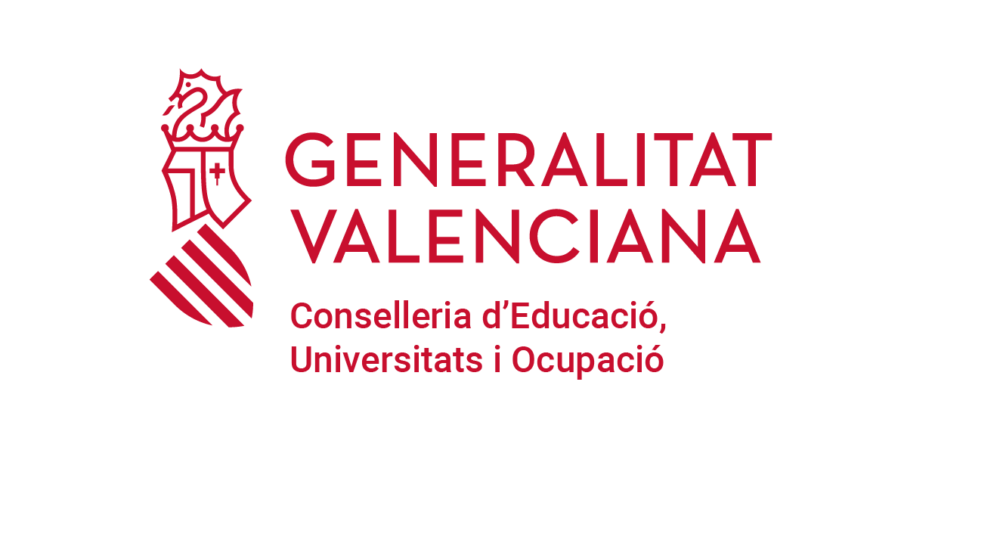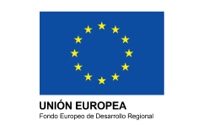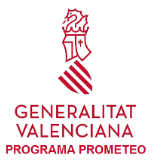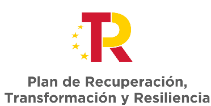
LHC: MoEDAL
Monopole and Exotics Detector at the LHC

MoEDAL (Monopole and Exotics Detector at the LHC), the 7th experiment at the Large Hadron Collider (LHC), is designed to search for manifestations of new physics through highly ionising particles in a manner complementary to ATLAS, CMS and LHCb. The most important motivation for the MoEDAL experiment is to pursue the quest for magnetic monopoles and dyons at LHC energies. In addition, the experiment is designed to search for any massive, stable or long-lived, slow-moving particle with single or multiple electric charges that arise in various scenarios of physics beyond the Standard Model.
IFIC Valencia officially joined MoEDAL in 2012 and signed the Memorandum of Understanding (MoU) in 2016 together with most of the other MoEDAL institutes. The IFIC group is one of the founding members of the Collaboration and is the sole Spanish participation in the experiment. The group plays a key role in various aspects of the experiment, such as simulation, analysis, theoretical models and management.
More information in http://ific.uv.es/moedal/index.html
MOEDAL
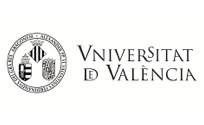
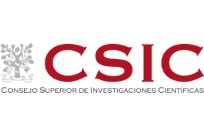
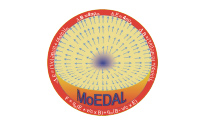
Este sitio web está patrocinado por la Conselleria de Innovación, Universidades, Ciencia y Sociedad Digital de la Generalitat Valenciana
